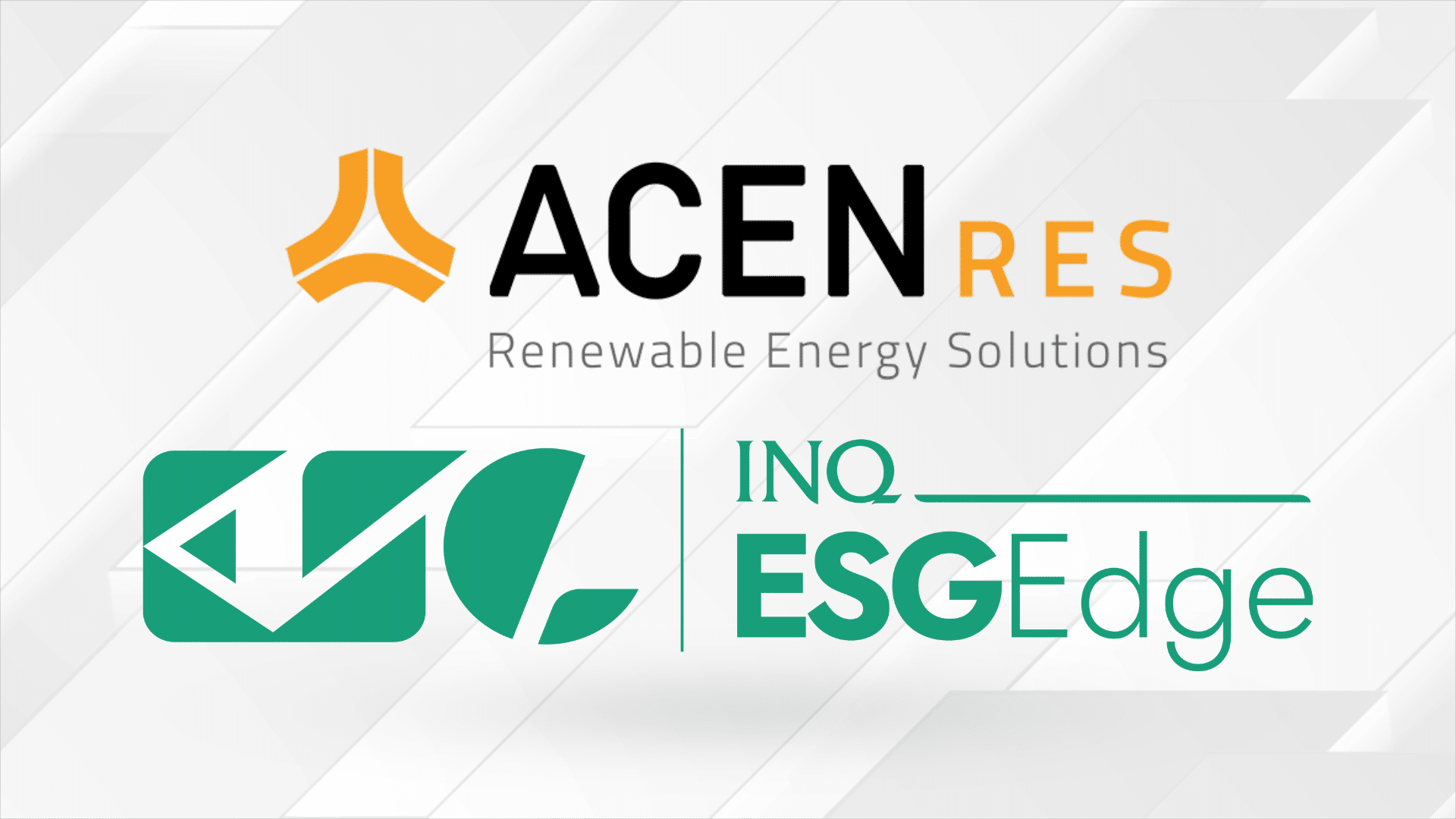Updated on December 5, 2024 at 10:34 a.m.
Ayala-backed ACEN Corp. is keeping its aggressive renewable buildup with a planned $1.5-billion investment targeted to finance a massive solar farm and energy storage system.
According to ACEN senior vice president and head of corporate communications and sustainability Irene Maranan, the midmerit integrated renewables and energy storage system (Iress) would replace the 246-megawatt (MW) South Luzon Thermal Energy Corp. (SLTEC) coal plant in Batangas, which the group hopes to shut down by 2030.
“We’re looking at $1.5 billion as capex (capital expenditures) for the Iress,” she told the Inquirer on the sidelines of Inquirer ESG Edge Connect ‘Hybrid Energy: Bridging the Transition to Renewables’ last Friday.
A portion of the budget would come from revenues to be generated from selling transition credits. Additional funds are expected from its partnership with Tamasek-led investment platform GenZero and Singapore’s Keppel Ltd.
Transition credits are a financing approach used to fund the phaseout of coal plant assets while pursuing replacement facilities that use renewable energy. ACEN earlier teamed up with the Rockefeller Foundation and Monetary Authority of Singapore to pilot the use of transition credits.
Maranan said the Iress would feature a 1,400-megawatt peak (MWp) solar plant to be integrated with a 1,600 megawatt-hour (MWh) battery energy storage system.
‘Reliable’ power
She said the planned development was “oversized” and meant to provide “reliable and dispatchable power” to meet the grid’s needs.
“The foregone coal plant output is matched 100 percent. The impact on the grid is negligible given that the renewables’ intermittency is mitigated by the energy storage system,” the official said in her speech.
Since the group wants to retire the SLTEC by 2030—10 years earlier than scheduled—the executive said construction works for Iress must start by 2027 or 2028.
Building the project, she noted, may take three to four years.
“Before 2030, we should be able to have about one phase or two phase[s] ready, completed and already supplying to the grid,” she said.
ACEN, however, has yet to decide on the location of the project.
Maranan also said ACEN has been in close coordination with the Department of Energy for the Iress plan, but noted it has yet to secure a notice to proceed from the agency.
Currently, ACEN has expanded its renewable capacity to 6.8 gigawatts (GW). It hopes to scale this up to 20 GW by 2030. INQ
